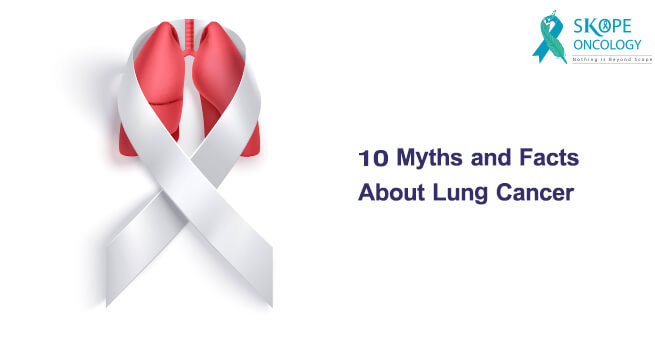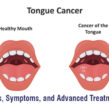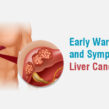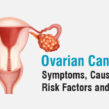1. Smoking is the only cause of Lung Cancer
2. The risk cannot be lowered in any way
3. Lung Cancer occurs only in the older population
4. Pollution accounts for more lung cancer cases than smoking
5. Quitting is of no use to people who have smoked their entire lives
6. Surgery for lung cancer causes the disease to spread
7. Lung Cancer will always show symptoms
8. Every case of lung cancer is fatal
Lung cancer was detected in more than 2.2 million people in the year 2020 worldwide. It is the most common cancer in men and the second most common cancer in women. The most common cancer in the world will certainly have some myths among people. Some of them are as follows:
Smoking is the only cause of Lung Cancer
Smoking is one of the biggest risk factors for lung cancer, accounting for about 90% of lung cancer cases. But it is not the only reason people get lung cancer. Non-smokers are also diagnosed with lung cancer due to various other factors such as exposure to secondhand smoke, radon gas, carcinogens like asbestos and arsenic, infections like HIV, genetic factors, etc.
The risk cannot be lowered in any way
There are numerous ways to reduce the risk of lung cancer, including quitting smoking, avoiding secondhand smoke, radon gas, carcinogens such as asbestos and arsenic, and instilling healthy habits in daily life such as eating a balanced diet, exercising regularly, and so on.
Lung Cancer occurs only in the older population
Approximately 10% of lung cancer cases in people occur under the age of 55, despite the average age of diagnosis being 70. Children can develop lung cancer too. Common cancers affecting people under the age of 35 are known as adenocarcinoma. Younger adults tend to recuperate more quickly than older adults with the same type and stage of cancer, despite the fact that their cancer is more advanced at the time of initial diagnosis.
Pollution accounts for more lung cancer cases than smoking
Lung cancer risk was found to be positively correlated with exposure to nitrogen dioxide, and fine particulate matter. Even though pollution is a risk factor for lung cancer, it cannot overtake smoking as the leading cause of the disease. In comparison to any of these factors considered separately, the combination of pollution and smoking may turn out to be significantly more harmful to health.
Quitting is of no use to people who have smoked their entire lives
Smoking cessation can not only help to reduce the risk of lung cancer but also improve the quality of life. Quitting smoking is always preferable, regardless of how much or how long one has smoked. Even after a diagnosis of lung cancer, quitting can improve the effectiveness of therapy, boost survival, reduce the adverse effects of the medication, and speed up the healing process after surgery.
Surgery for lung cancer causes the disease to spread
No, having lung cancer surgery does not cause it to spread. Surgery is advised in the early stages of lung cancer to halt the spread by removing the growing tumour. If the cancer is in its advanced stage, then adjuvant therapies like chemotherapy or immunotherapy before surgery can significantly reduce the risk of having cancer cells in the blood. These treatment approaches increase the survival rate and reduce mortality.
Lung Cancer will always show symptoms
Unfortunately, this is not true. Lung cancer can be found in people who are completely asymptomatic or who have mild respiratory symptoms. This is one of the key reasons why lung cancer screening in high-risk individuals is crucial. Early diagnosis of lung cancer can improve the survival rates. Most patients are diagnosed with lung cancer in the later stages because there are no symptoms in the initial stages.
Every case of lung cancer is fatal
Early detection of lung cancer increases survival rates upto 60%. Even more advanced lung cancer cases now have a significantly better chance of long-term survival in some cases like in adenocarcinomas (cancer that starts in the mucous glands).
Antioxidant supplements protect against lung cancer
Although some studies suggest that various dietary antioxidants, like carotenoids and vitamin C, may offer protection against lung cancer, the overall conclusions are not entirely clear.
Vaping Electronic Cigarettes Is Safe
Vaping or using e-cigarettes is less dangerous than smoking, but it’s still not safe. Additionally, it could make lung cancer more prevalent.
By taking certain precautions, such as avoiding exposure to carcinogens by wearing masks or protective clothing, having the home tested for radon gas, quitting smoking, avoiding secondhand smoke, eating a healthy diet, and exercising on a regular basis, one can lower their risk of developing lung cancer.





